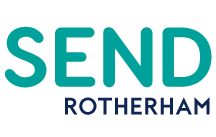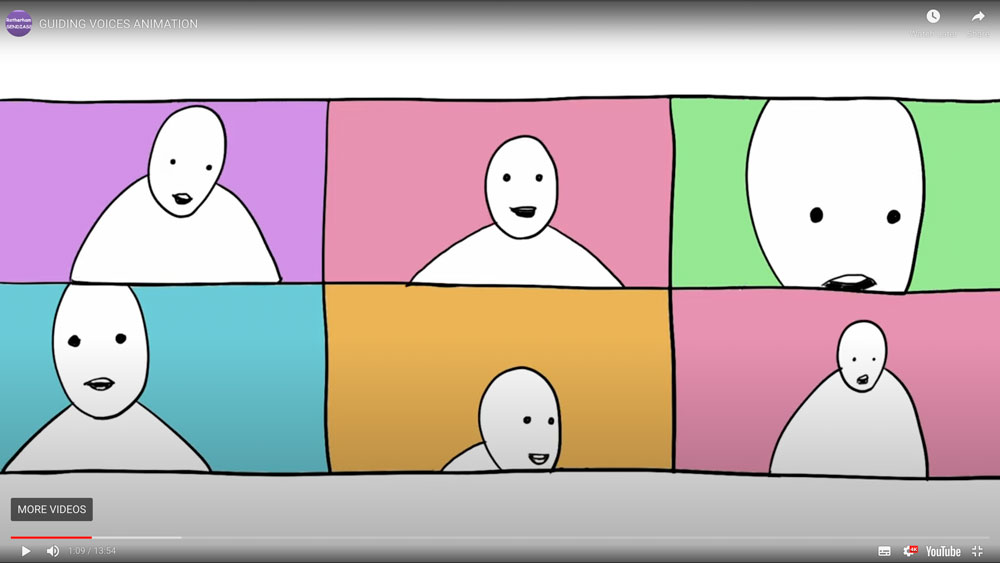Working in partnership
Voice of the child or young person
Where possible the child or young person should be invited and prepared for meetings and given time and support to have meaningful participation.
Personalised and accessible ways of working and documentation that looks different for individual children and young people may be needed.
Making a commitment to the voice of children and young people yet also adhering to the legal obligations involved in Annual Reviews of Education, Health and Care (EHC) Plans and other formal meetings can feel challenging. It is therefore recommended that these seven adapted and still highly relevant principles from the guidance Involving Children and Young People in Meetings and Reviews (Barnardos, 2006) be adopted:
- The child or young person’s view should be prioritised, not seen as an afterthought.
- Children and young people should understand that their views are as important as everyone else’s, in whatever way these views are expressed.
- Children and young people should understand the purposes and processes of the meetings and reviews in which they are involved.
- Children and young people should be given genuine options about how to communicate their views (including who to and in what format).
- If children and young people attend their reviews, the agenda and the manner in which the meeting is run should be child-centred.
- Children and young people should be given an honest and realistic understanding of the remit of the review and what decisions their views can change or have an impact on.
- Children and young people should be involved in the outcome of any review in a manner that is meaningful to them, and be able to voice any disagreement.
“Every child has the right to express their views, feelings and wishes in all matters affecting them, and to have their views considered and taken seriously.”
Article 12, United Nations Convention on the Rights of the Child
The child shall have the right to freedom of expression: this right shall include the freedom to seek, receive and import information and ideas of all kind, regardless of frontiers, either orally, in writing or in print, in the form of art, or through any other media of the child’s choice.”
Article 13, United Nations Convention on the Rights of the Child
Guiding Voices: Special Educational Needs Support Video
Click below to watch on YouTube
Links to resources and downloads
Listen to the voices of some of the children and young people in Rotherham with SEND and hear their experiences
Rotherham SENDIASS website



